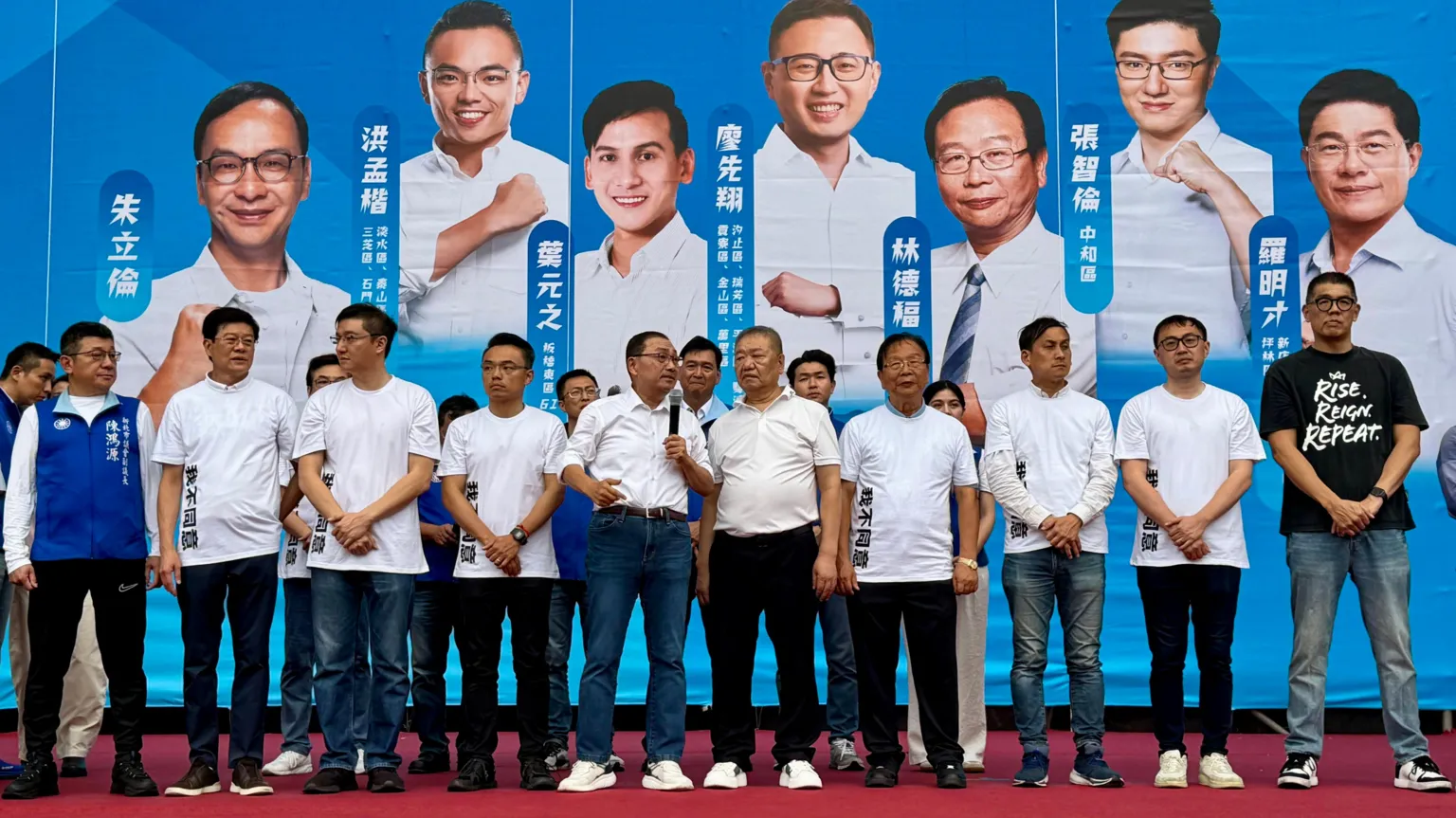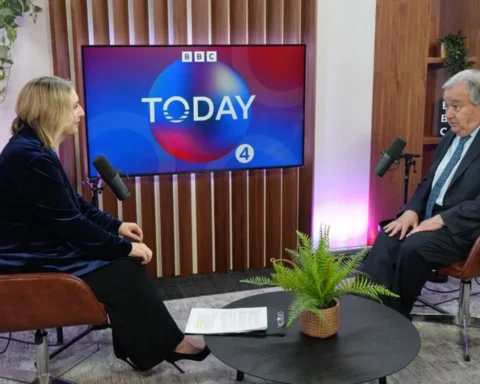In a landmark political test for Taiwan, a group of opposition lawmakers accused of being too closely aligned with China have survived a massive recall effort, with early results showing that all have retained their seats.
On Saturday, voters across 24 districts—each represented by a member of the opposition Kuomintang (KMT)—cast ballots in what has been dubbed the “Dabamian” or “Great Recall,” a civic-led movement aimed at unseating politicians seen as pro-Beijing.
Despite weeks of heated public debate and nationwide rallies, the vote has largely gone in favor of the incumbents. Preliminary counts indicate that a majority of voters in every district opposed the recalls, meaning no lawmakers will be forced to step down. A small number of votes remain uncounted, but the outcome appears clear.
This result preserves the KMT-led opposition’s slim majority in Taiwan’s legislature, a critical factor in the island’s ongoing political gridlock. For months, the KMT and its allies have clashed with the ruling Democratic Progressive Party (DPP), led by President Lai Ching-te, over issues ranging from national security to parliamentary procedure.
While Taiwan has held recall votes before, never has the island seen such a concentrated and widespread effort. The scale and intensity of this recall movement have underscored the deep divisions within Taiwanese society.
The next round of recall votes is scheduled for August, targeting seven additional lawmakers. Political analysts warn that the failure of this first phase could intensify polarization and embolden elected officials to act with less concern for public backlash.
Both sides of the recall debate have framed their campaigns as a fight for Taiwan’s democratic integrity—one side pushing for accountability, the other defending against what they claim is political vengeance.
As the dust settles from Saturday’s vote, Taiwan’s political landscape remains as contentious as ever.







